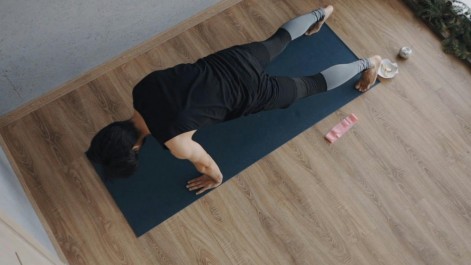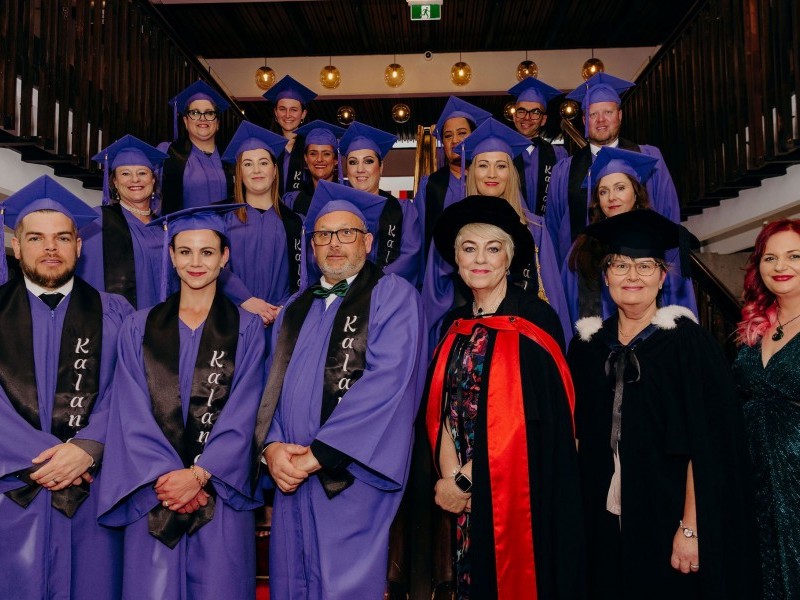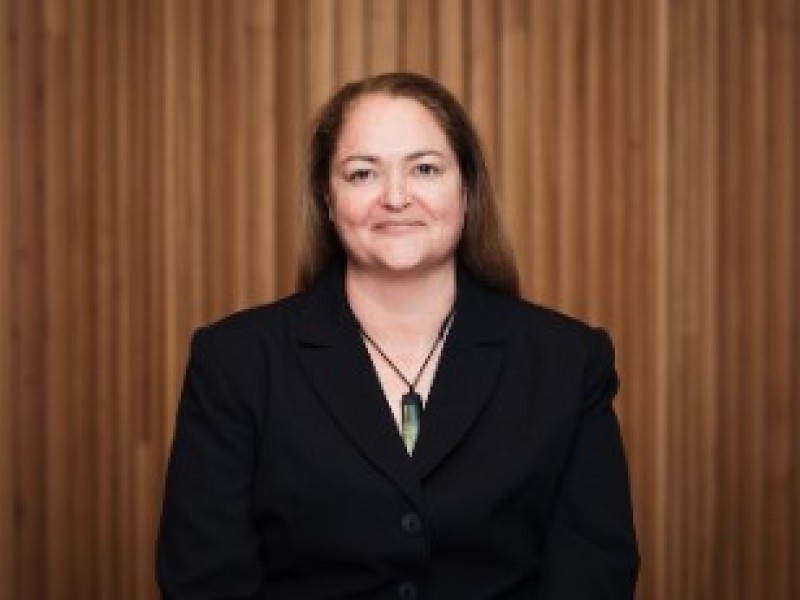Mental health supports in the elderly community
Joanna Kilgour
Access to mental health services in New Zealand are poor in the younger population where mental health issues are identified relatively easily and people are actively seeking support. In our elderly population these mental health issues are harder to identify. Our elderly come from a culture where mental health issues are not readily accepted and so it is less common for us to see those suffering from anxiety and depression actively seeking help for their symptoms. Depressive symptoms are also underdiagnosed and undertreated, in part due to the similarity between symptoms with other disorders in older adults. This means that services which are already hard to access for those who have a desire to actually seek them out, are almost non-existent for many of our elderly.
According to the Centres for Disease Control and Prevention, 13.5% of elderly who are receiving in-home care, suffer from depressive symptoms. The increasing elderly population means that the incidence of mental health issues like depression are only going to rise. Here in New Zealand the elderly (those 65 years and over) make up 11% of the population. Current suicide rates show that those aged 65 years and over represent 13% of these deaths. This is a significantly high proportion in relation to population size. There is a large gap in services where needs are not being met and our elderly are being failed.
It is crucial that mental health services are specifically targeted toward the elderly population to achieve appropriate diagnosis and treatment. More effective screening tools directed specifically at the elderly are required. Not only are mental health issues unrecognised and underdiagnosed, when people are seeking out support they are being actively turned away due to a lack of resources. How can we, as health professionals, in good conscience decide who deserves support and who doesn’t? Every person who is referred for treatment or self-refers for treatment should have access to support.
Organisations like Age Concern provide volunteer services in order to attempt to bridge the gap where the mental health system is failing, but it is a band aid for a system that is under resourced and incapable of handling the load that present day society places upon it. Urgent attention is required to ensure the mental health needs of our elderly are being met so that they can experience quality of life. We owe it to our elderly to provide them with services that consider their holistic wellbeing and support their mental health needs.
Back to Blog







